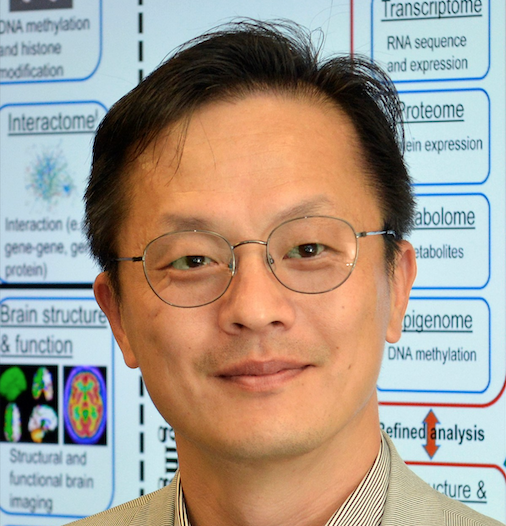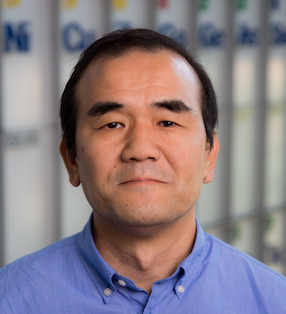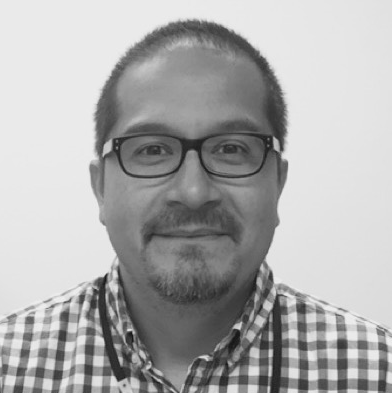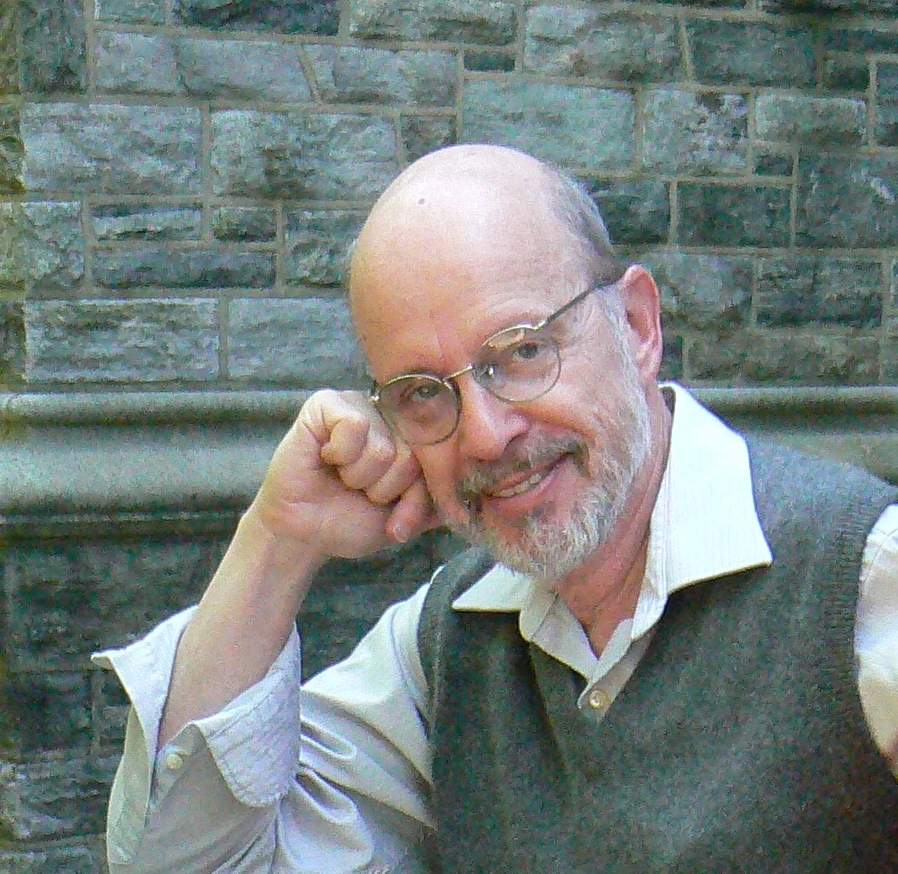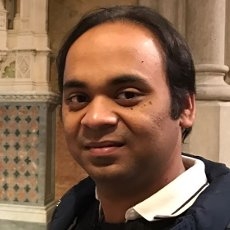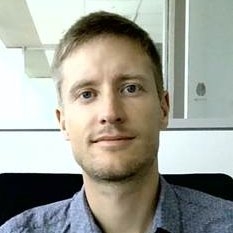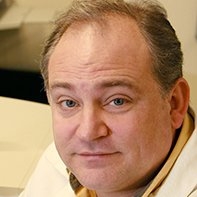Kelly G. Lambert, Ph.D.
MacEldin Trawick Chair and Professor of Behavioral Neuroscience
University of Richmond
Email: klambert@richmond.edu
Education
- 1984 B.S. degree in Psychology and Biology, Samford University (Birmingham, AL)
- 1986 M.S. degree in Biopsychology, University of Georgia (Athens, GA)
- 1988 Ph.D. degree in Biopsychology, University of Georgia (Athens, GA)
Research Interests
As a behavioral neuroscientist, Dr. Lambert is interested in Experience-Based Neuroplasticity---including the effects of contingency training and various coping strategies on emotional resilience, the impact of natural and complex environments on adaptive neurobiological mechanisms, the trajectory of neurobiological changes that accompany the onset of parental behavior, and socioenvironmental variables that affect neurodevelopment.
Lambert Laboratory website: https://www.kellylambertlab.com/
Sungeun Kim, Ph.D.
Assistant Professor of Electrical and Computer Engineering
SUNY Oswego, Oswego, NY
Adjunct Assistant Professor of Radiology and Imaging Sciences
Indiana University School of Medicine, Indianapolis, IN
Email: sungeun.kim@oswego.edu
Education:
- 1990–1997 B.S. degree in Electronic Engineering, Korea University (Seoul, Korea)
- 1997–1999 M.S. degree in Radio Sciences and Engineering, Korea University (Seoul, Korea) Area of Interest: Image and Digital Video Processing
- 2001–2008 Ph.D degree in Biomedical Image Processing, School of Electrical and Computer Engineering, Purdue University (West Lafayette, IN) Area of Interest functional Magnetic Resonance Imaging (fMRI)
Research Interests:
As a bioinformatician, Dr. Kim's research focuses on the development of early diagnostic biomarkers for Alzheimer’s disease, combining multi-omics datasets from genetics to neuroimaging.
Kazushige Yokoyama, Ph.D.
Professor, Department of Chemistry
SUNY Geneseo
Email: yokayama@geneseo.edu
Education
- 1986 B.S. degree in Physical Chemistry, Kobe University (Kobe-City, Japan)
- 1988 M.S. degree in Physical Chemistry, Kobe University (Kobe-City, Japan)
- 1996 Ph.D. degree in Chemical Physics, University of Colorado at Boulder (Boulder, CO)
- 1998-2001 Postdoctoral Fellow, University of Minnesota (Minneapolis, Minnesota)
Dr. Yokayama's research interest is to characterize reaction intermediate of fibrillogenesis which is associated with neurodegenerative diseases by utilizing nano-scale metal surface potential. He contributed to eight book chapters and roughly 30 peer reviewed journal papers. He has served as an editor of “Frontiers in Nanoscience for Biomedical Research” (Research Signpost). He is an author of “Modern Physical Chemistry for Bioscience Students” (Linus Publications, Inc.). Currently, he serves on the Editorial Boards of AIMS Biophysics (AIMS Press) and The International Journal of Biocomputing and Nano Technology (Bohr Publishers).
Raddy L. Ramos, Ph.D.
Associate Professor, Department of Biomedical Sciences
New York Institute of Technology College of Osteopathic Medicine
Email: rramos02@nyit.edu
Education
- 1999 B.A. degree in Psychology, Binghamton University (Binghamton, NY)
- 2007 Ph.D. degree in Behavioral Neuroscience, University of Connecticut (Stamford, CT)
- 2007-2009 Howard Hughes Medical Institute Postdoctoral Fellow, Queens College CUNY (Queens, NY)
Dr. Ramos is a neuroscientist with interests in the anatomy and physiology of the developing brain. At the NYIT College of Osteopathic Medicine, he is involved in teaching (lecture and laboratory), research, and college service (i.e., Institutional Review Board, Institutional Animal Care and Use Committee). In his lab, Dr. Ramos mentors undergraduate and medical student research assistants who often earn co-authorship on conference presentations as well as in peer-reviewed publications.
Research Interests
Neuronal migration, neocortical lamination, cerebellar lamination, epilepsy, callosal agenesis, microcephaly.
Morri E. Markowitz, M.D.
Professor of Pediatrics
Albert Einstein College of Medicine, Bronx, NY
Email: mmarkowi@montefiore.org
Education
- 1970 B.S. degree in Biology & Chemistry, University of Illinois Chicago Circle Campus (Chicago, IL)
- 1974 M.D. degree, Albert Einstein College of Medicine (Bronx, NY)
- 1974-1978 Pediatrics Residency, Montefiore Hospital and Medical Center (Bronx, NY)
- 1979-1981 Clinical Research Fellowship, Pediatric Endocrinology/Metabolism Clinical Research Center, Montefiore Hospital and Medical Center (Bronx, NY)
- 1981-1982 Pediatric Fellowship - Division of Pediatric Metabolism, Montefiore Hospital and Medical Center (Bronx, NY)
Research Interests
- Dr. Markowitz has been a clinical researcher working in the areas of childhood lead poisoning and bone mineral metabolism. In the lead field, his focus has been to improve diagnostic modalities and treatment outcomes. In the field of mineral metabolism his work delineated the circadian rhythms of bone minerals and their ability to regulate hormones.
Natalia V. Naumova, Ph.D.
Email: naumova.kandaurova@gmail.com
Education
- 2005 B.S. degree in Biology/Biochemistry (Kyiv, Ukraine)
- 2007 M.S. degree in Biology/Biochemistry (Kyiv, Ukraine)
- 2010 Ph.D. degree in Biochemisrty, Palladin Institute of Biochemistry, National Academy of Sciences of Ukraine (Kyiv, Ukraine)
- 2010-2012 Postgraduate Certificate in Biology/Biochemistry, Palladin Institute of Biochemistry, National Academy of Sciences of Ukraine (Kyiv, Ukraine)
- 2012-2016 Postgradaute Certificate in Molecular Biology and Biotechnology at International Training College/School at Mechnikov National University of Odessa, Ukraine (Odessa, Ukraine)
Research Interests
- Dr.Naumova's interests include: cell biochemistry, bioenergetics, biogenesis, apoptosis, metabolism, toxicity, biotic and abiotic stresses, sensory and signaling systems, ion channels, plasmatic membranes, sarcoplasmic reticulum, mitochondria, biosynthesis of proteins, lipids, nucleic acids, kinetics of carbohydrates, calcium, reactive oxygen and nitrogen species, antioxidants, biochemical and pharmacological regulation of physiological functions, biomarkers, biosensors and their application
Animikh Ray, Ph.D.
Email:
Education
- 2005 B.S degree in Microbiology Minor in Biochemistry, Sardar Patel University (Anand, India)
- 2007 M.S degree in Biotechnology Minor in Biochemistry/immunology, University of Utkal (Bhubaneswar, India)
- 2015 Ph.D. degree in Pharmaceutics and drug design Minor in Chemistry, University of Missouri-Kansas City (Kansas City, MO)
Research Interests
Dr. Ray's research interests include: investigating intestinal and blood brain barriers (i.e., efflux pumps) to deliver therapeutics, strategies to overcome these barriers by identification and exploitation of specific targets, enhancing brain bioavailability of integrase inhibitors, and deliver of therapeutics across cell, mitochondrial, and nuclear membranes of target diseased cell population and /or tissues.
Jan Tønnesen, Ph.D.
Group leader/ Laboratory of Neuronal Excitability
Achucarro Basque Center for Neuroscience, Bilbao, Spain
Email: Jan.tonnesen@ehu.eus
Education
- 2004 M.Sc. degree in Biology, University of Copenhagen (København, Denmark)
- 2010 Ph.D. degree in Biomedicine, Lund University (Lund, Sweden)
- 2010–2016 Postdoctoral and staff researcher at Interdisciplinary Institute for Neuroscience (Bordeaux, France)
- 2016–Present Group leader, University of the Basque Country (UPV/EHU) and Achucarro Basque Center for Neuroscience (Bilbao, Spain)
Research Interests
Benjamin S. Weeks, Ph.D.
Professor of Biology
Adelphi University
Email: weeks@adelphi.edu
Education
- 1984 B.A. degree in Biology and Philosophy, Skidmore College (Saratoga Springs, NY)
- 1988 Ph.D. degree in Molecular Cell Biology, University of Connecticut (Stamford, CT)
Research Interests
Dr. Weeks's research focuses on the effects of xenobiotics on the cellular mechanisms of neurodevelopment and disease.
Honors and Accomplishments
Dr. Weeks has created a unique compound called "Relarian." This compound is incorporated into the commercial product, Mini Chill.


